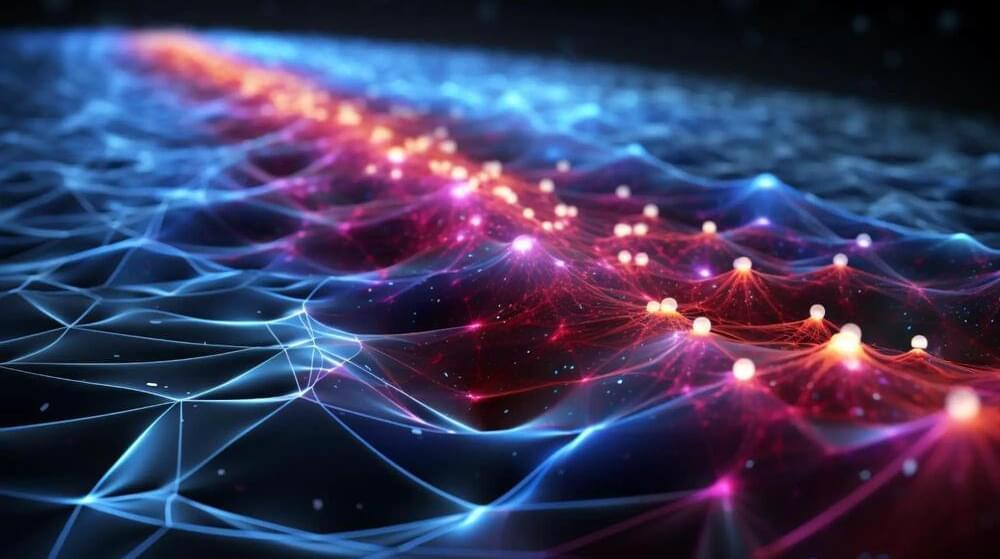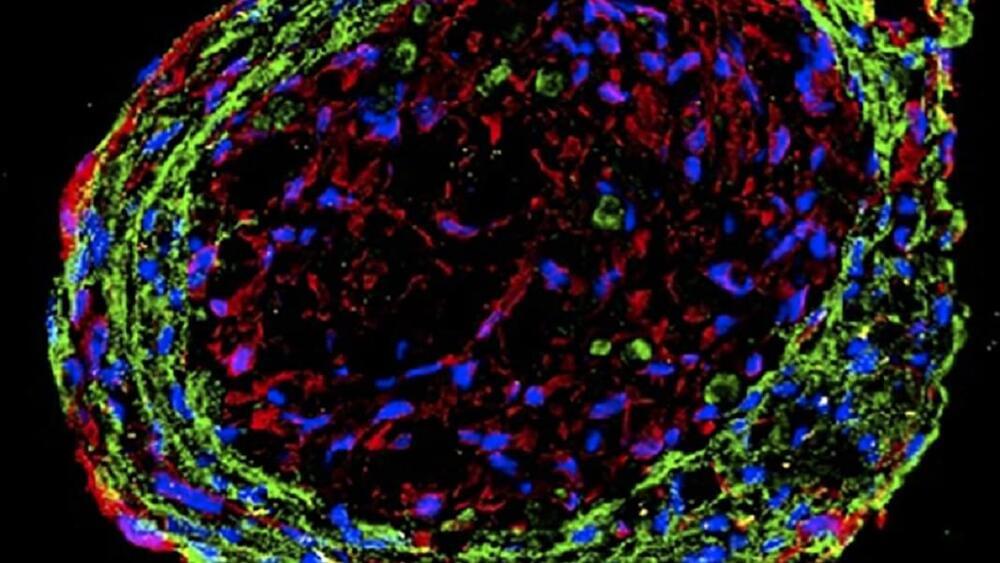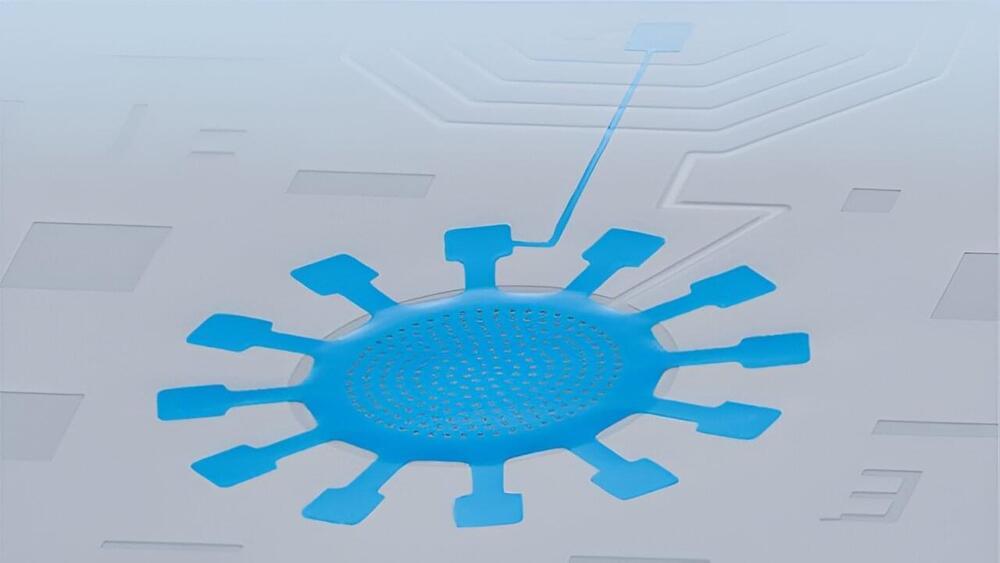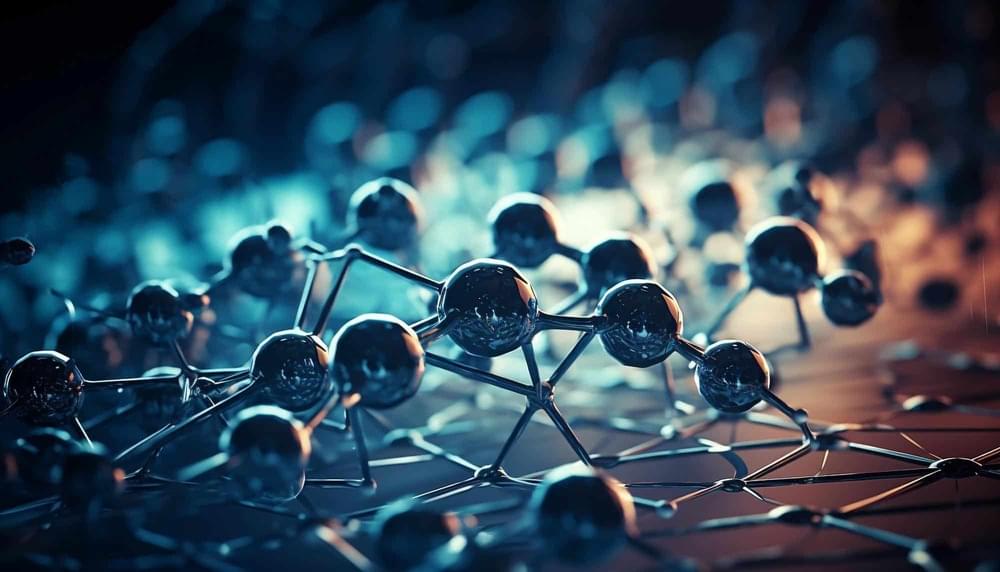Aug 14, 2023
“Quantum Avalanche” — A Phenomenon That May Revolutionize Microelectronics and Supercomputing
Posted by Paul Battista in categories: particle physics, quantum physics, supercomputing
New Study Solves Mystery on Insulator-to-Metal Transition
A study explored insulator-to-metal transitions, uncovering discrepancies in the traditional Landau-Zener formula and offering new insights into resistive switching. By using computer simulations, the research highlights the quantum mechanics involved and suggests that electronic and thermal switching can arise simultaneously, with potential applications in microelectronics and neuromorphic computing.
Looking only at their subatomic particles, most materials can be placed into one of two categories.


















